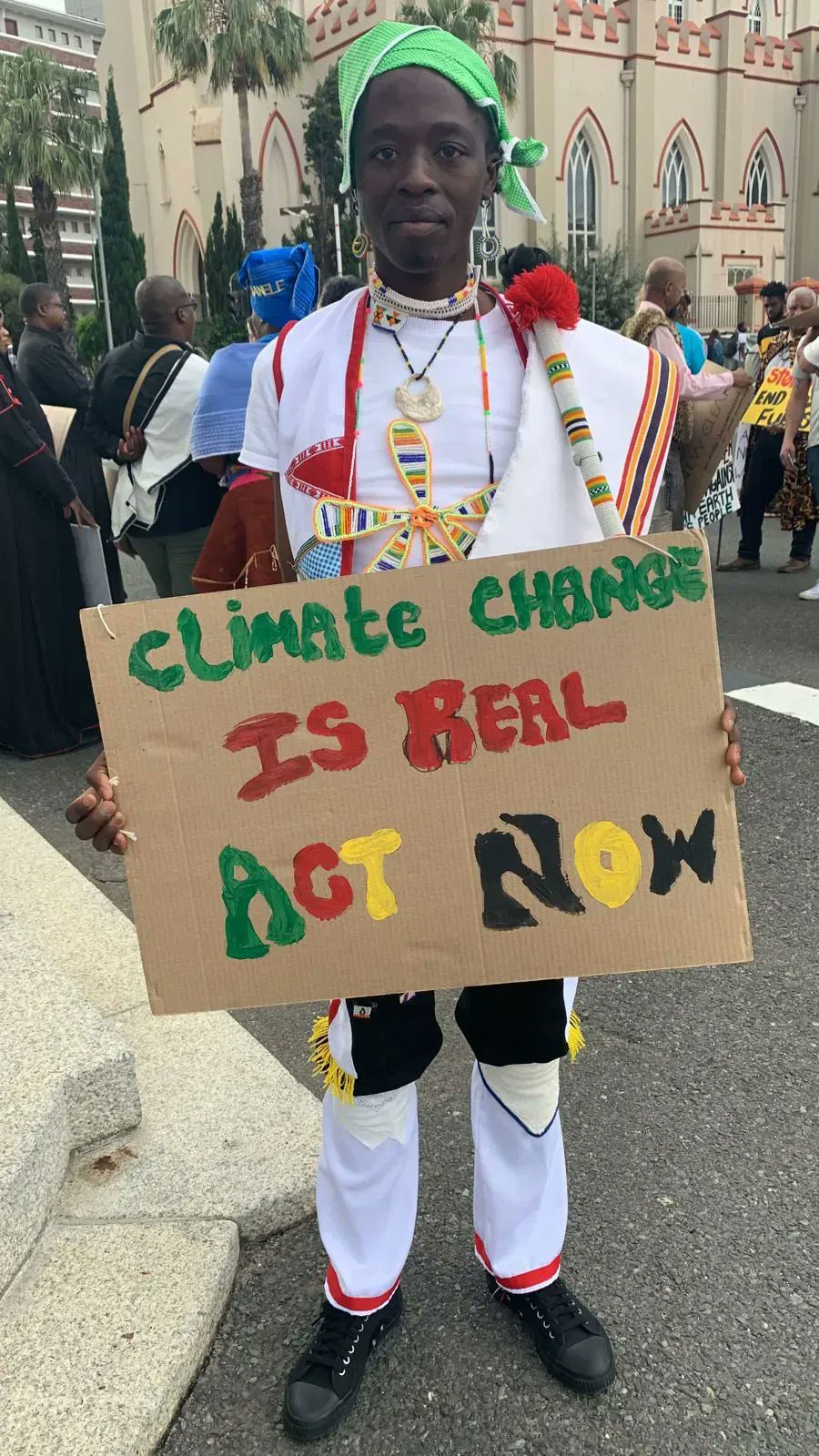African Traditional
Africa, the cradle of mankind, is home to many cultures across its varied geographic regions that practice a wealth of spiritual and religious belief systems. Many of the sacred environments which are believed to be the abodes of nature spirits or which are sacred places of learning about traditional healing, divination and rites to connect with the ancestors have been polluted or destroyed by mining, deforestation, dams and commercial cash crops.








